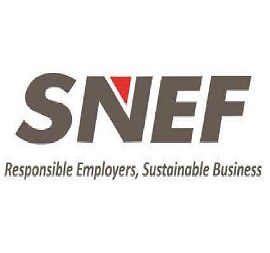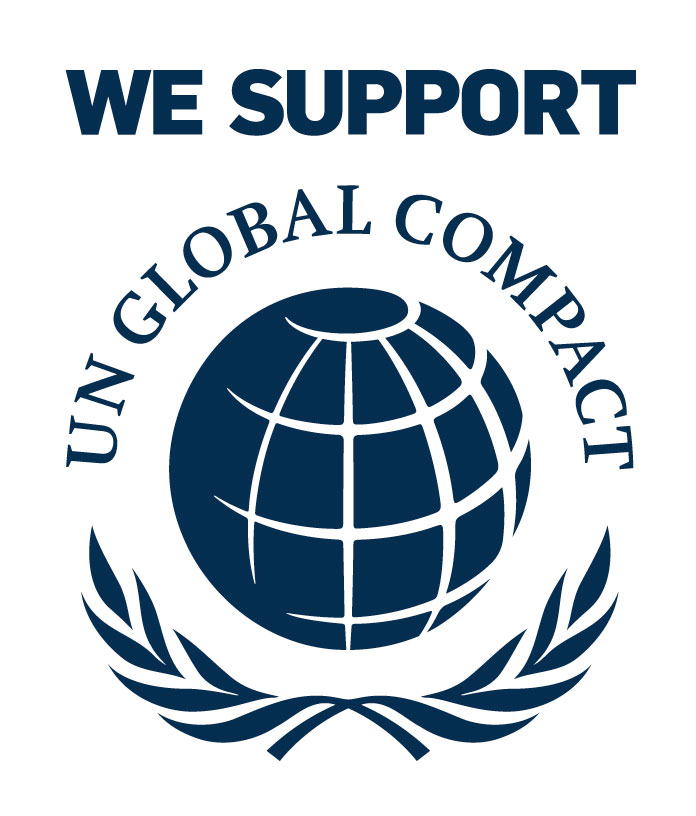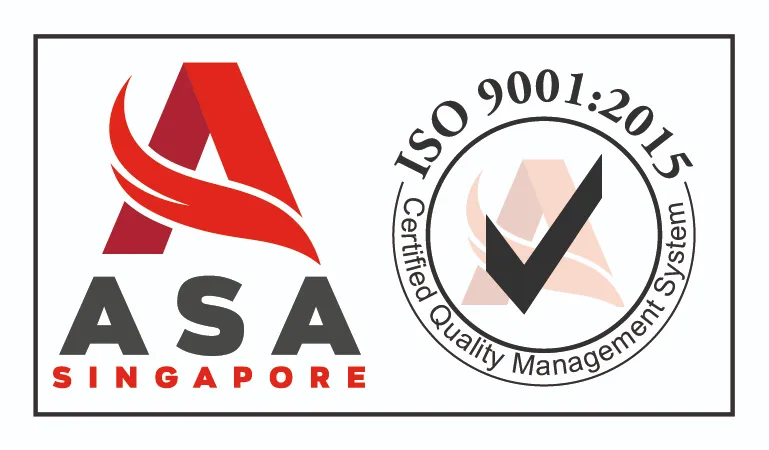Singapore is one of the busiest and most strategically located shipping hubs in the world. With its world-class port infrastructure, it’s a natural choice for transhipment activities where goods are transferred from one vessel to another enroute to their destination. But before any of that happens, there’s one crucial step: the transhipment permit declaration.
Whether you’re a logistics company, freight forwarder, or importer/exporter, understanding how this process works is key to smooth and compliant operations.
What Is a Transhipment Permit?
• A transhipment permit is a document issued by Singapore Customs that allows the temporary movement of goods through Singapore, typically from one ship, airline, or container to another, without the goods entering the local market.
• In simple terms, it’s a legal declaration that goods are just “passing through” Singapore and not being sold, distributed, or consumed within the country.
When Do You Need a Transhipment Permit?
You’ll need to declare a transhipment permit if:
• Your cargo is being transferred between vessels or modes of transport in Singapore.
• The goods are under customs control, or subject to regulations (e.g., controlled or strategic goods).
• The goods are moved between Free Trade Zones (FTZs), bonded warehouses, or from one port terminal to another.
Types of Transhipment Declarations
There are several types of permit declarations under Singapore’s TradeNet® system, such as:
• Transhipment (Direct) – when goods are directly transferred from one vessel to another.
• Transhipment (Temporary Storage) – if goods are temporarily stored in Singapore (e.g., in a warehouse) before being re-exported.
Depending on the nature of your goods, additional permits may be required from Competent Authorities (e.g., AVS, HSA, NEA).
What Happens if You Don’t Declare?
Failing to declare a transhipment permit, or providing false information, can lead to penalties, shipment delays, or seizure of goods. Compliance is strictly enforced by Singapore Customs to ensure secure and transparent trade.
Work With a Licensed Declaring Agent
Navigating Singapore’s customs regulations can be complex especially for high-volume or regulated cargo. That’s why many companies choose to work with licensed declaring agents to handle their transhipment permits accurately and efficiently.
Declarators is proudly ranked as one of Singapore’s top licensed declaring agents, equipped with certified and knowledgeable declarants who ensure every permit is filed correctly and in full compliance with customs requirements.
If you have questions regarding the permit application procedure or the exact requirements for your items, feel free to
contact us for assistance.


















